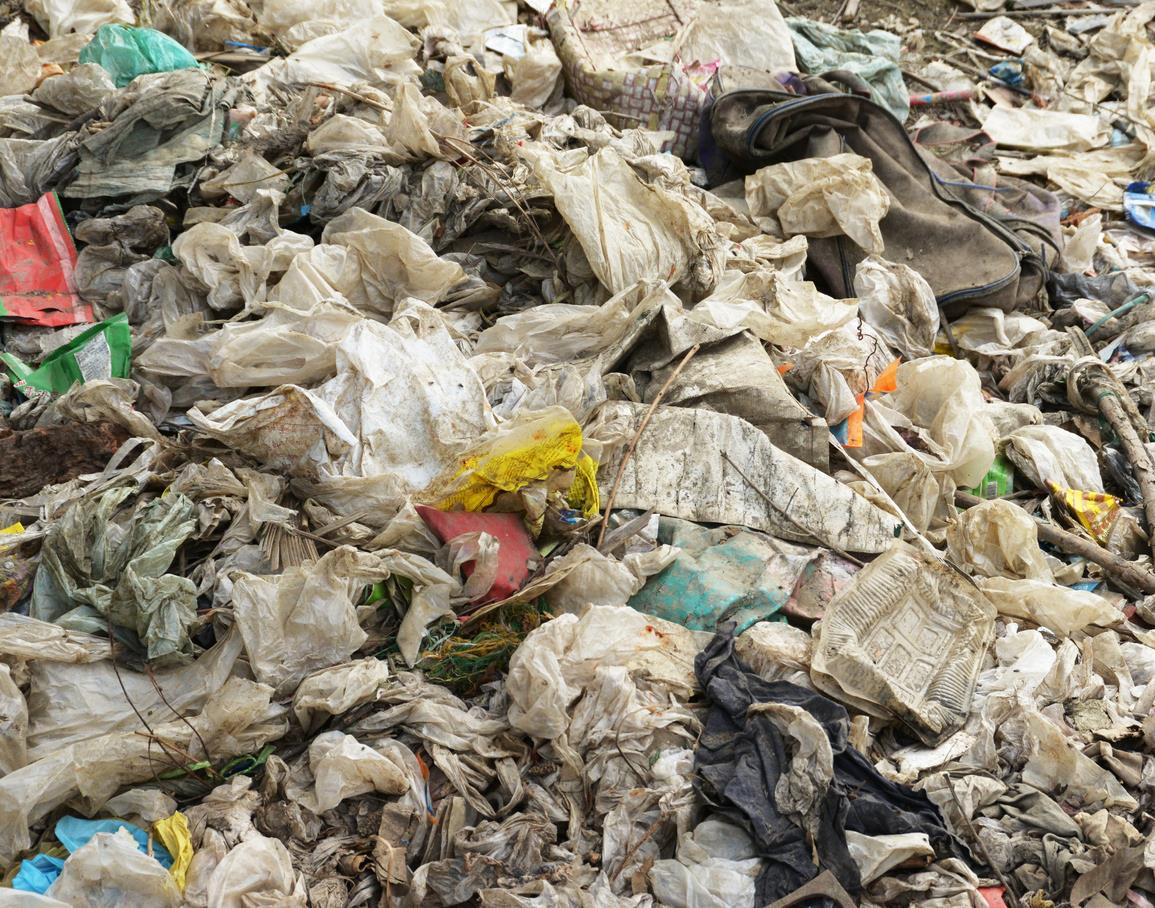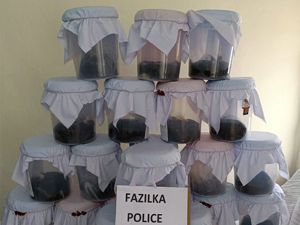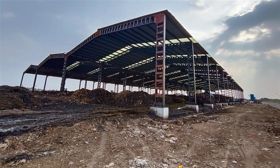
Photo for representational purpose only. iStock
Berlin, February 28
Chemists have succeeded in producing very special catalysts, called Lewis superacids, which can be used to split strong chemical bonds and accelerate reactions, according to a new study.
With this discovery of the chemists from the University of Paderborn, Germany, non-biodegradable fluorine-containing hydrocarbons, similar to Teflon, and potentially even climate-damaging greenhouse gases such as sulphur hexafluoride could be converted back into chemicals that can be used sustainably, according to the study.
The production of these substances has so far proven to be extremely difficult, the study said.
The scientists have now published their results in the journal “Angewandte Chemie”.
Compounds that add pairs of electrons are called Lewis acids.
Because of this ability, they are often used to speed up chemical reactions.
Lewis superacids are stronger than antimony pentafluoride - the strongest Lewis acid - and can break even the sturdiest bonds.
“For strong bonds, you need very reactive reagents, i.e., substances that react extremely readily with carbon-fluorine or sulphur-fluorine bonds, which are particularly stable,” explained Jan Paradies from the Chemistry Department from the University of Paderborn.
“Intrinsically, these Lewis superacids are incredibly reactive, making them difficult to make and use.
“Using a trick, we managed to produce such molecules and use them in catalytic reactions. In this way, for example, almost inert, i.e. less reactive, carbon-fluorine or sulphur-fluorine bonds can be activated and converted further,” said Paradies.
The scientists in the Department of Chemistry have joined forces at the Center for Sustainable Systems Design (CSSD) at the university.
The CSSD bundles the interdisciplinary basic research in the field of sustainability at the University of Paderborn.
The complementary scientific orientation of the groups involved is the nucleus for new approaches in the development of sustainable systems.
In this way, the centre wants to contribute to the sustainable use of resources.
Join Whatsapp Channel of The Tribune for latest updates.



























